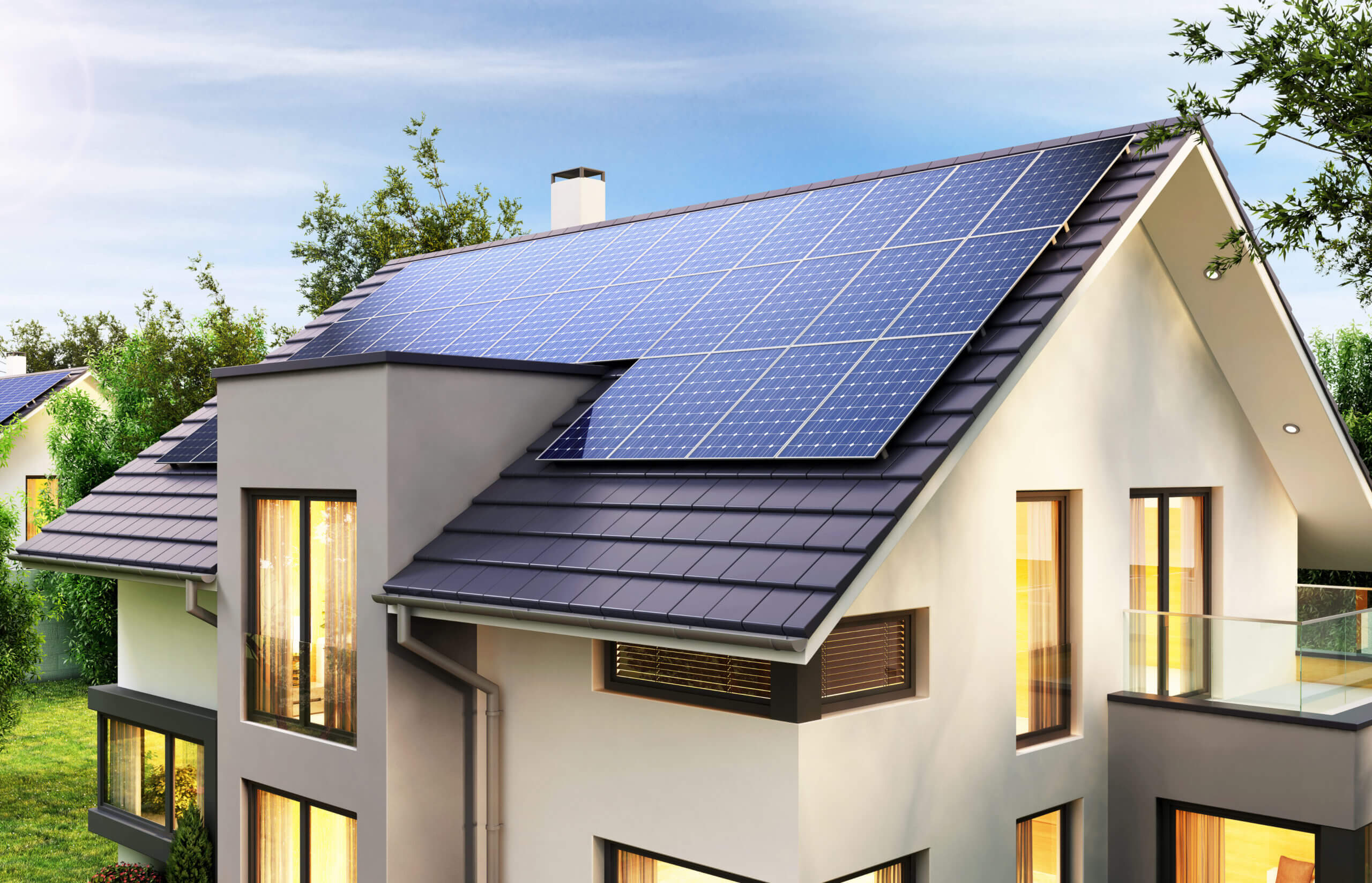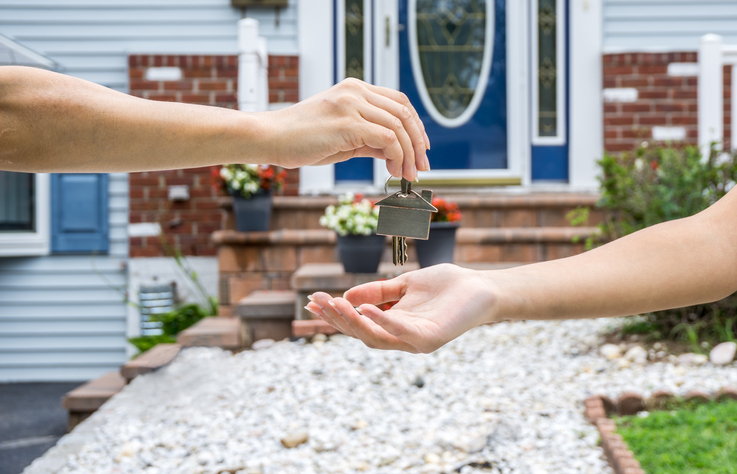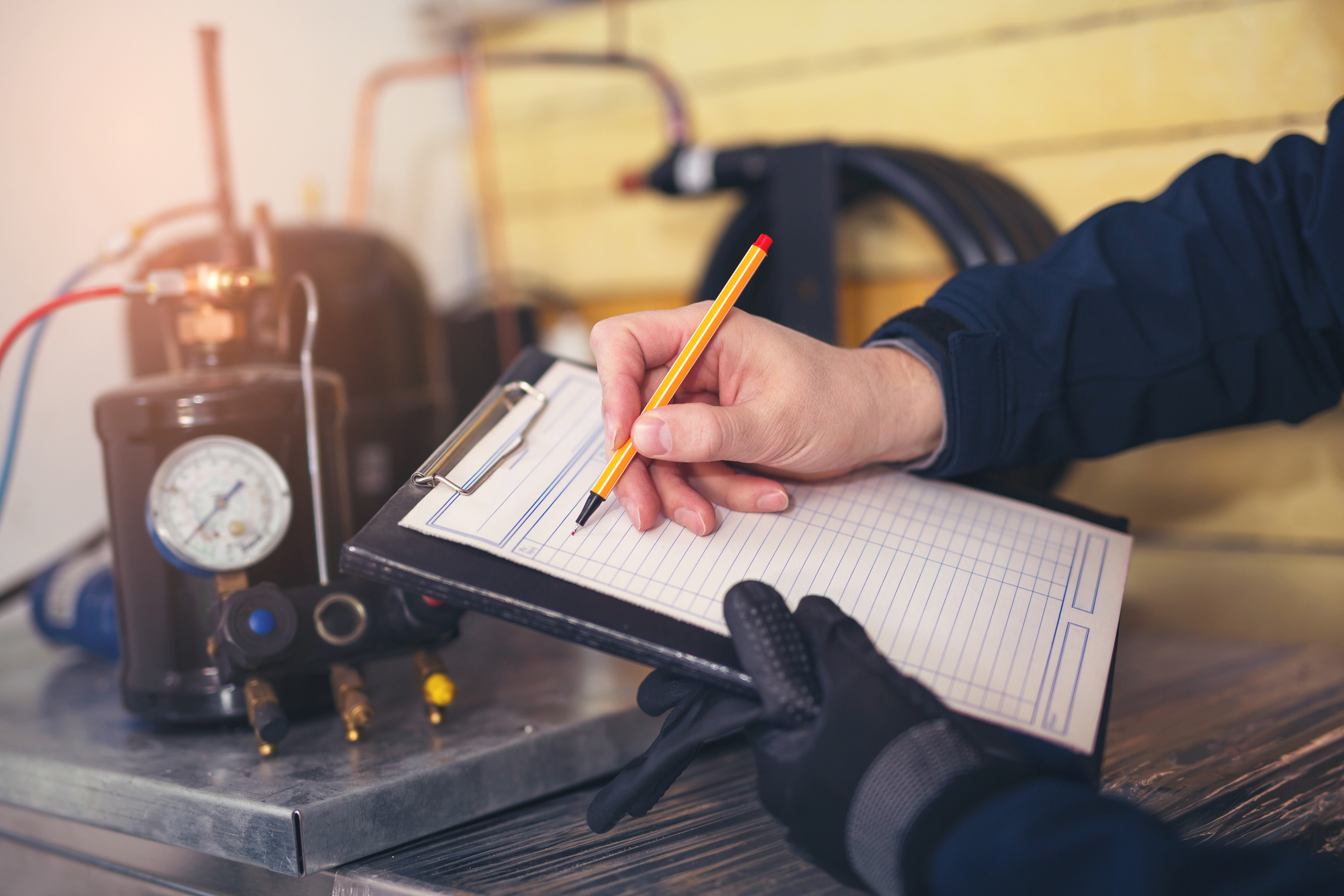Energy Savings Guide: Boosting Efficiency for a More Cost-Effective Home
When exploring home improvement projects, one of the most important considerations — beyond initial cost — is how your investment is going to benefit you in the short and long-term. While many require careful planning and budgeting, the savings down the line help make many expenses worth the effort. Every component of your home — from the roof to the insulation — offers the possibility of saving money on electricity, water, and other utilities, month after month.
If you are considering new energy-efficient updates to your home, you might feel unsure where to begin. Which projects are best for your home, and will help to lower your bills each month? Where is your money best invested for the greatest return on your investment? This energy savings guide was created to help you discover the projects available that can help lower your monthly energy and utility costs. Let’s explore more.
Energy-Saving Upgrades and Their Impact on Your Home
There are numerous ways to save energy, and many of them start with the basics of your home — the roof, windows, doors, and insulation. Here’s what you need to know about the various ways you can bring your utility costs down while still keeping the comfort you crave.
Insulation: The Foundation for Energy Savings
A well-insulated home doesn’t just keep you more comfortable. The better your insulation, the lower your utility bills can go.
Most homeowners are well aware of insulation in the attic that helps prevent heat and cooling loss through the roof, but there are other types of insulation that create a barrier against the elements. From concrete block insulation or blown insulation for the walls to rolls of insulation between rafters or reflective insulation for light-duty comfort, the options are almost endless.
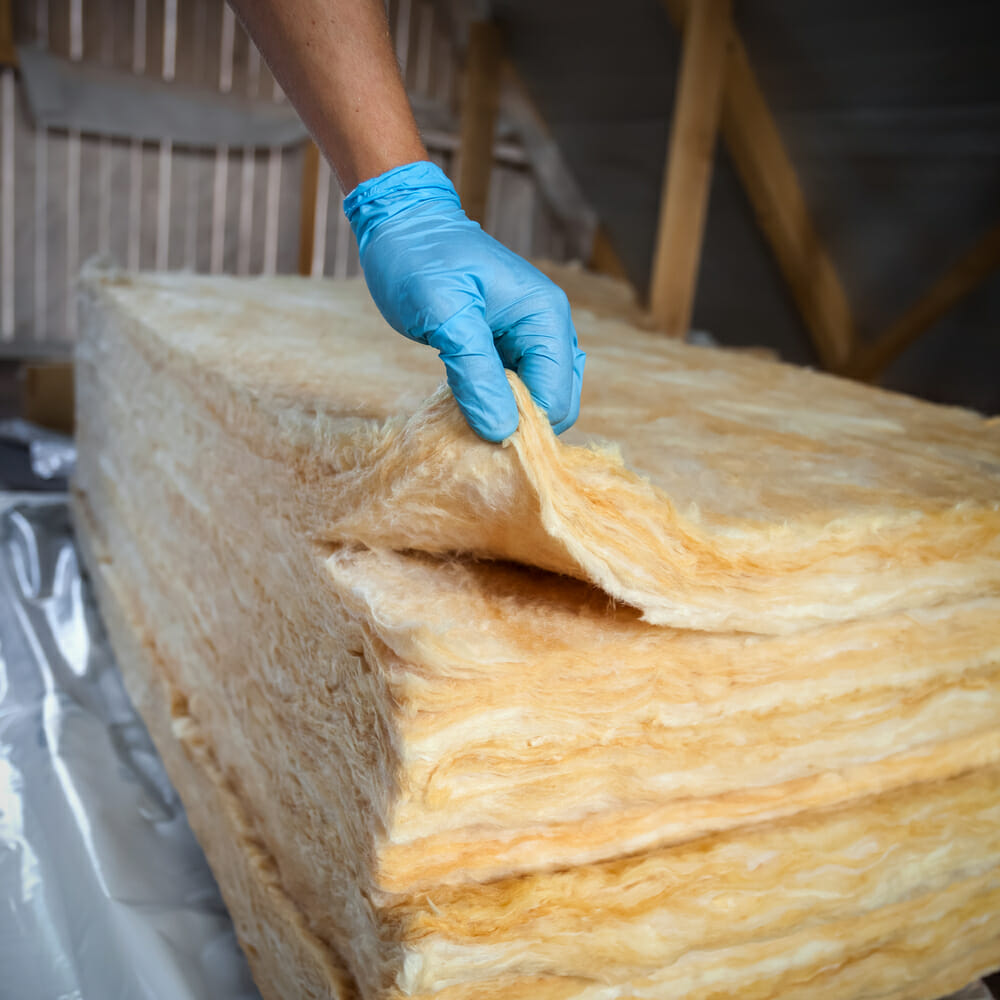
Here are some points to keep in mind when choosing the right insulation:
- Check R-Value: No matter the type of insulation you choose, it is important to look at the R-value. The R-value is about the resistance to heat flow. The higher the R-value, the better insulated your home will be.
- Consider Climate: For example, though blown-in insulation sounds like a good idea, it can invite mold growth in areas where the humidity is high.
- Ensure Proper Installation: Even the best insulation won’t do a good job if it isn’t installed properly. Hire a contractor to handle the installation and seal up all the gaps and other little problems that can lead to big money siphoned away over the season.
Energy-Efficient Windows: Keeping Your Home Comfortable Year-Round
Windows are your view to the outside, but they can also be a key player in the battle to keep things comfortable. Heat gain and heat loss through windows is responsible for about 30% of residential heating and cooling energy, according to Energy.gov.
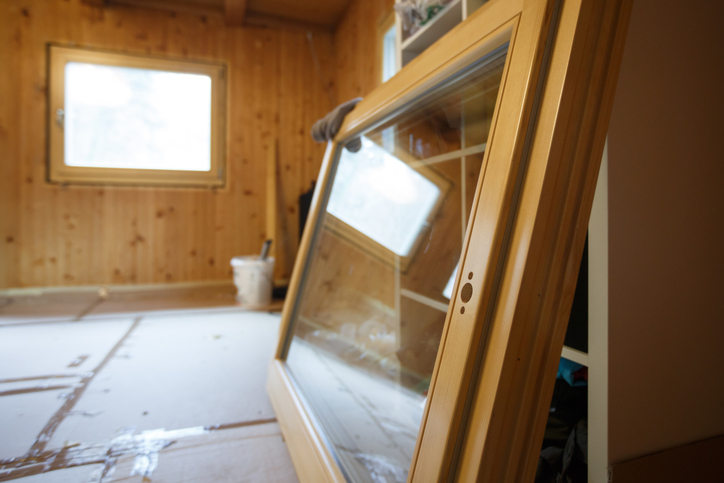
Like many homeowners, you might think the problem is simply an old HVAC system that can’t keep up with the demands of today’s more extreme climate, but the truth is that your windows might be the outdated element. How can you tell it’s time to replace them?
- Strained HVAC: Your HVAC system seems to be working harder to keep the house at the temperature you like.
- Condensation Issues: You have condensation on the windows, especially between the panes of glass. That indicates that the seals are failing.
- Window Operation Problems: Your windows are different to open and close. They no longer fit into the frame as they should.
- Visible Damage: There is visible damage to the glass or the frame.
- Increased Noise: You’re getting much more sound pollution in your home than you used to. Firmly sealed windows should serve as a great way to dampen down outdoor noise.
New windows with powerful energy-efficiency features can mean the difference in your comfort as well as your lower utility bills. Carefully choose your windows by taking the following into account:
- AL: The air-leakage rating tells you how much air might go through the frame and joints of the window. The window should have a rating of 0.30 or lower to be considered an ENERGY STAR option.
- U-Factor: This number tells you how easily heat flow through the window. The numbers range from 0.20 to 1.25, with the lower values indicating better insulation.
- SHGC: The solar heat gain coefficient explains the amount of heat-causing light that can travel into the window. This ranges from 0 to 1, with 0 being the best and 1 being the worst.
Also remember that the glass types matter, too. Single-pane windows are poor insulators, while double-pane is better and triple-pane is even better than that. Low-e coatings can also help by keeping the heat out of your home while still allowing sunlight to pass through.
Modernize can help you choose the right window brand and window installation company for your next window project.
Upgrading Your HVAC System: Optimizing Heating and Cooling
Did you know that your HVAC system can account for up to 40% of the energy your home uses? Upgrading to a new HVAC system can bring that down significantly and can allow your other energy-efficient products, such as those new windows, to show you their full benefits. But how do you know when it’s time to replace your unit? These are a few good clues:
- Aging Unit: Your HVAC unit is more than 10 years old. At that point, the energy-efficiency it provided at the start of its life has diminished greatly, and new technology provides greater advantages.
- Costly Repairs: You need frequent repairs, or the repairs cost a burdensome amount. A good rule of thumb is that if a repair costs half the price of an HVAC unit, it’s time to replace that unit.
- Temperature Imbalance: Your home doesn’t maintain a regular temperature. If a part of your home is too hot or too cold, you might have a faulty HVAC system.
- Warning Signs: Something doesn’t seem quite right. Strange odors or dust coming from the vents, a system that gets louder with each passing year, or fluctuating humidity in your home could all indicate that your system needs an upgrade.
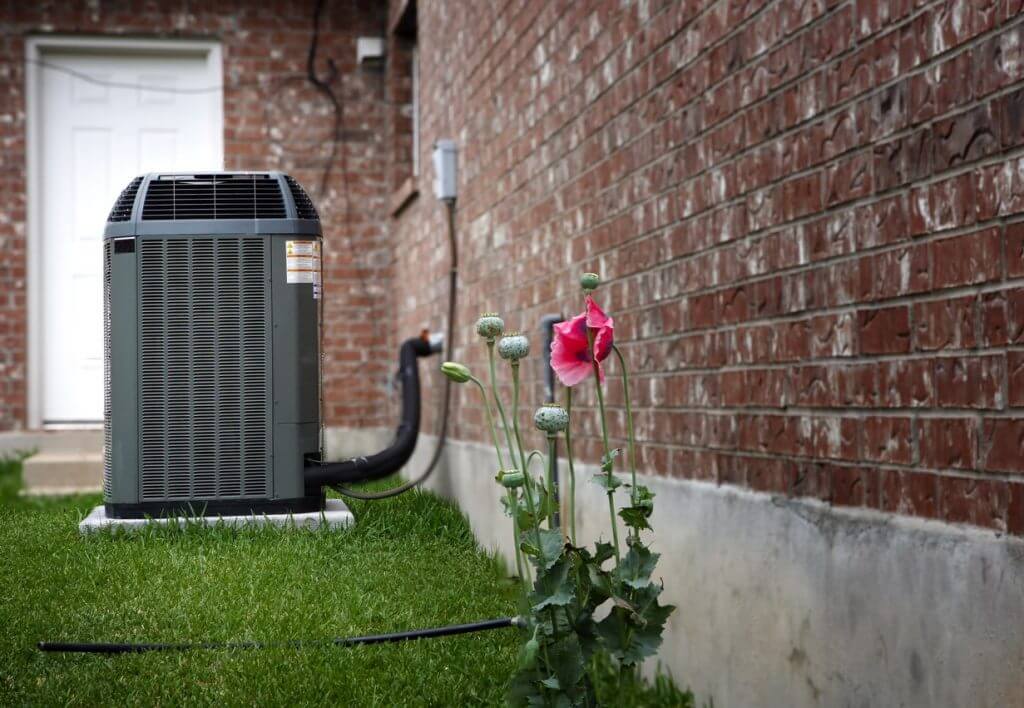
When it is time to replace the HVAC unit, there are a few decisions you can make now that will determine the energy efficiency of your home in the future and potentially save you tens of thousands of dollars in the long run. Here are some points to remember:
- Proper Sizing: Make sure the HVAC is properly sized for your home. A unit that is too small will run continuously to try to keep up, but a unit that is too big will short-cycle — turn on and off quickly — and cool the air but not remove the moisture, so humidity becomes a big problem.
- Efficiency Matters: A Seasonal Energy Efficiency Ratio (SEER) should be 13 for standard efficiency and 24 for maximum efficiency. The higher the rating, the more money you will save.
- Smart Savings: A smart thermostat can help you save money by using the HVAC unit only when you need it. It can be programmed to your preference and adjust the temperature accordingly throughout the day, even when you’re not in the house.
- Duct Maintenance: Look at the air ducts. No matter how efficient your HVAC system is, air that leaks through the ducts can undermine your savings. Repair or replace ducts that need attention.
- Filter Care: Remember the air filters! Replacing your air filters on the schedule recommended by the HVAC manufacturer will keep the unit running at top efficiency.
Modernize highlights the top AC brands, top furnace brands, top heat pump brands, top radiator brands, and top boiler brands to help you make the right choice for your home!
Energy-Efficient Appliances: Cutting Costs with Every Use
Appliances might not seem to take up all that much energy; after all, just how much energy can your dishwasher or washing machine really use? Quite a bit, it turns out. ENERGY STAR appliances have been tested and proven to bring down your energy use, which in turn brings down your utility bills.
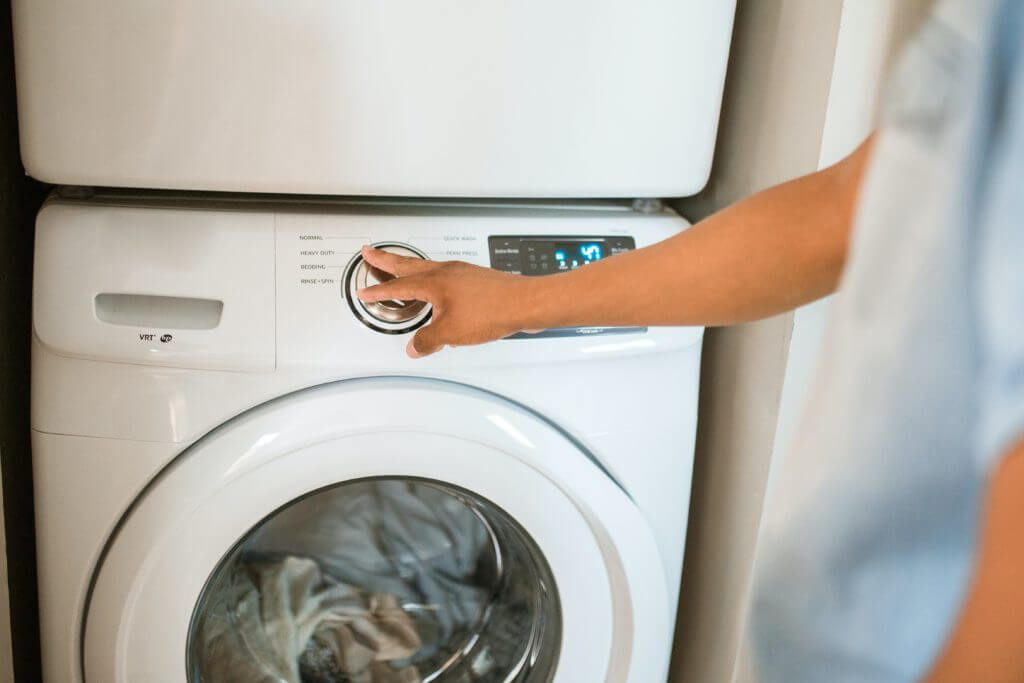
For example, choosing an ENERGY STAR dryer can use 20% less energy than those without the ENERGY STAR rating. And that old refrigerator might be using twice as much energy as a newer model would.
When choosing a new appliance, look for the yellow label. This Energy Guide label will let you know if the appliance is considered an ENERGY STAR option. It will also let you know how much it costs per year to use the appliance and provides a scale that allows you to compare your different options.
Water Heating: Efficient Solutions for Everyday Use
Heating up water can take enormous amounts of energy, especially if you are using a tank-style water heater. Energy-efficient options include ENERGY STAR water heaters that use less electricity than older models or in-line water heaters, also known as tankless or on-demand water heaters, that heat up the water only when you need it.
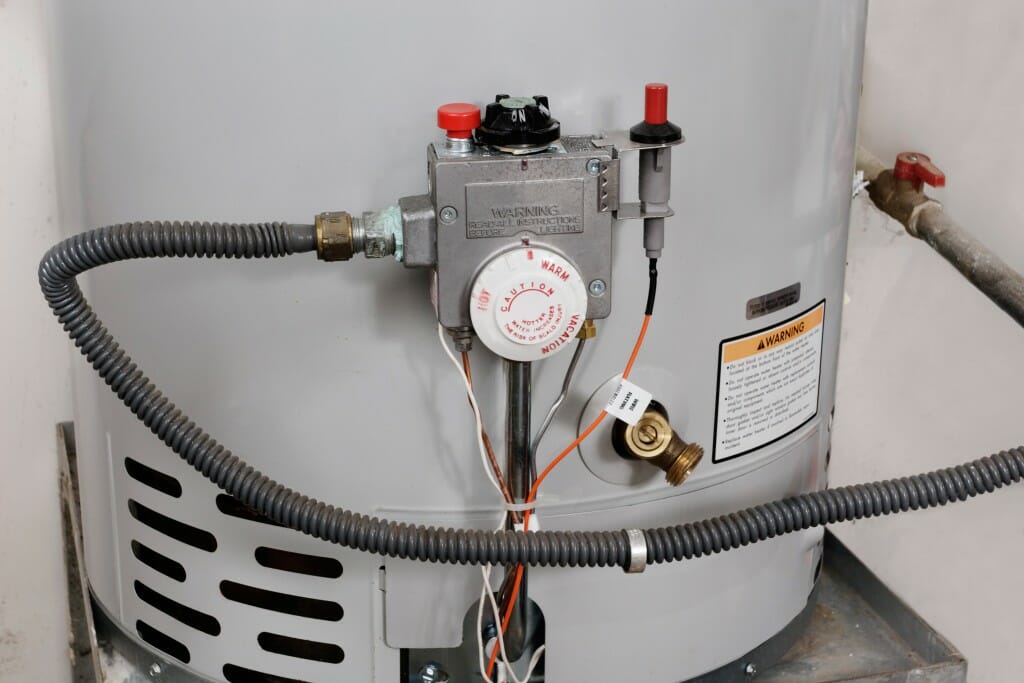
Heat pumps and solar energy water heaters are also good options, but make sure they are ideal for your area. You can do that by talking with a local contractor about what your home needs.
When choosing a water heater, keep these points in mind:
- Proper Sizing: The water heater should be sized appropriately for your home. Running out of hot water means that the heater must work harder to bring the fresh water back up to the proper temperature. On-demand water heaters prevent this problem, but those still must be sized properly to ensure the flow of hot water remains constant.
- Fuel Efficiency: Look at the fuel type your water heater uses. For example, electricity in your area might be cheaper than natural gas or other types of fuel, so plan accordingly.
- Energy Ratings: Study the yellow sticker. This will tell you how much energy your water heater will use in one year, on average, and will also let you know if it is ENERGY STAR rated. You will usually see much more savings in the long run with an ENERGY STAR model.
Explore Modernize’s picks for the best tank and tankless water heaters!
Solar Panels: Investing in Long-Term Energy Savings
Harnessing the power of the sun has long been a clear winner in energy-efficiency. Though there are sometimes rather steep initial costs, once solar panels are set up, your energy bills will plummet. In fact, some homeowners who choose solar panels find that their electric company actually owes them money every month instead of the other way around.
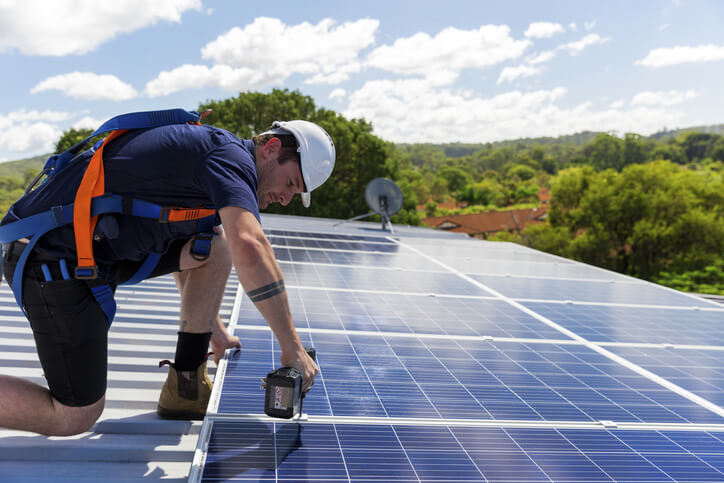
But it is important to remember that solar panels are one of those investments that you won’t see an immediate return from. Yes, your bills will likely drop immediately, but you will have the payments for the solar panels to make up for that savings! Over time, however, you will begin to see the trend of lower energy bills, and that trend will continue for the decades you keep the solar panels. Some homeowner can save upwards of $40,000 over the span of 20 years.
Solar panels can also come with financial incentives, such as tax credits and rebates, that maximize your immediate savings.
Are solar panels right for your home? Consider these questions:
- How Sturdy Is Your Roof? If your roof needs to be replaced over the next few years, it might not be able to withstand the weight of the panels. You might need to replace the roof first and then have solar panels installed.
- How Much Shade Is Over Your Home? Solar panels can still work in shade, but excessive shade — such as a tree overhanging the house that puts much of the roof in shadow — can reduce the energy that the solar panels generate.
- What Incentives Do You Have? The Database of State Incentives for Renewables and Efficiency lists the incentives you might receive if you install solar panels. For some who are on the fence, these rebates and other incentives can mean the difference between making the investment now or waiting for a better incentive to come along.
Explore Modernize’s picks for the top solar companies!
Energy Savings Guide: Small Changes Today Lead to Big Savings Tomorrow
Making the change to even one energy-efficient appliance, replacing the lights in your home with LEDs, or choosing an in-line water heater are all ways to make a change today that will lead to bigger savings tomorrow. The more little things you do right now, the better off your bottom line will be.

Finally, consider scheduling a professional home energy audit. An expert will evaluate where your energy is being lost and recommend targeted solutions — from insulation upgrades to appliance replacements — that can make an immediate difference. Between smart home improvements and professional insights, you can create an energy-efficient home that keeps you comfortable and saves money for years to come.
Looking for everyday tips you can start right now? Visit our Energy Efficiency Guide to explore simple, no-cost habits that complement your energy-saving upgrades.
Still curious about ways to be more energy efficient and save money? Explore more ways to save money with your:
